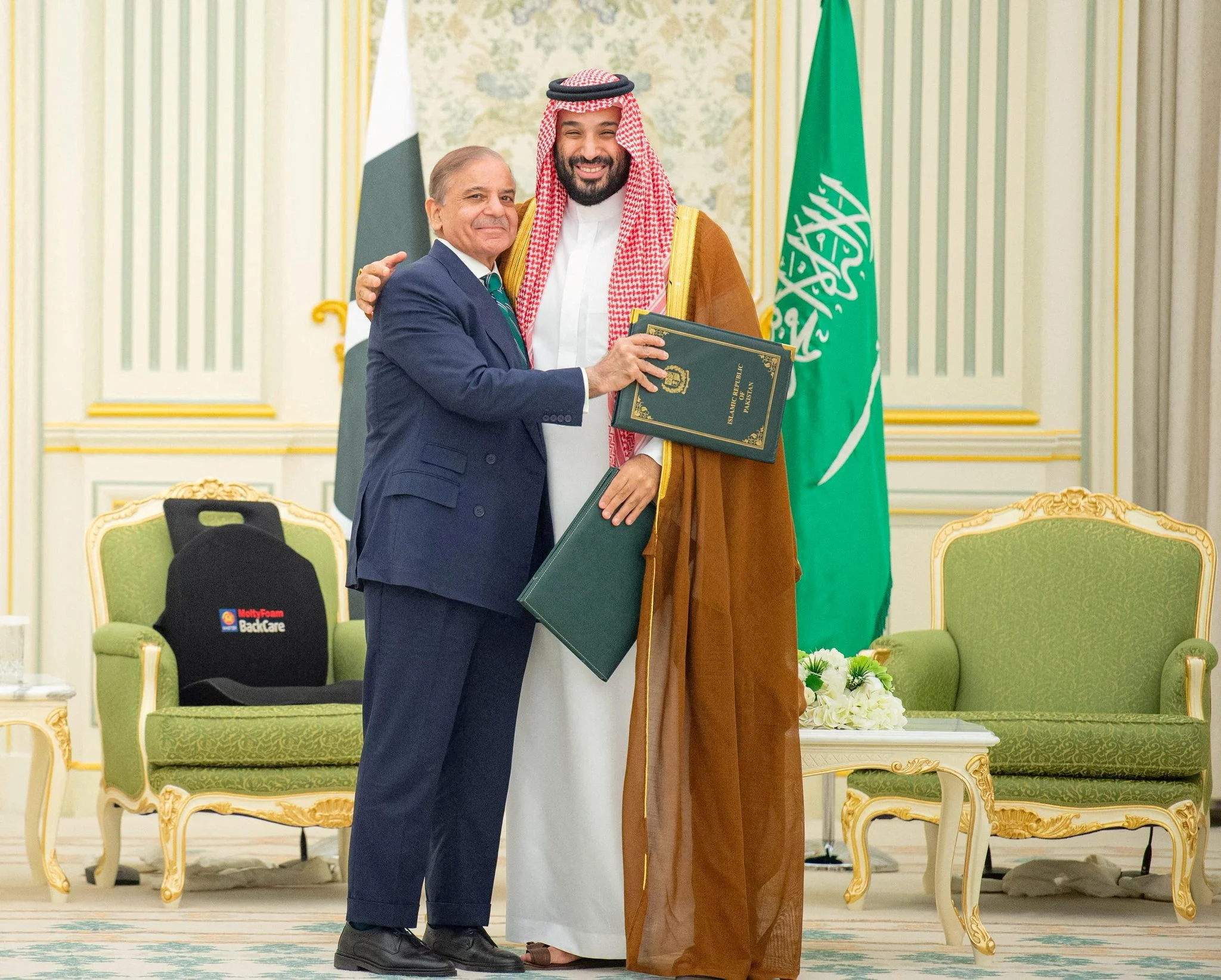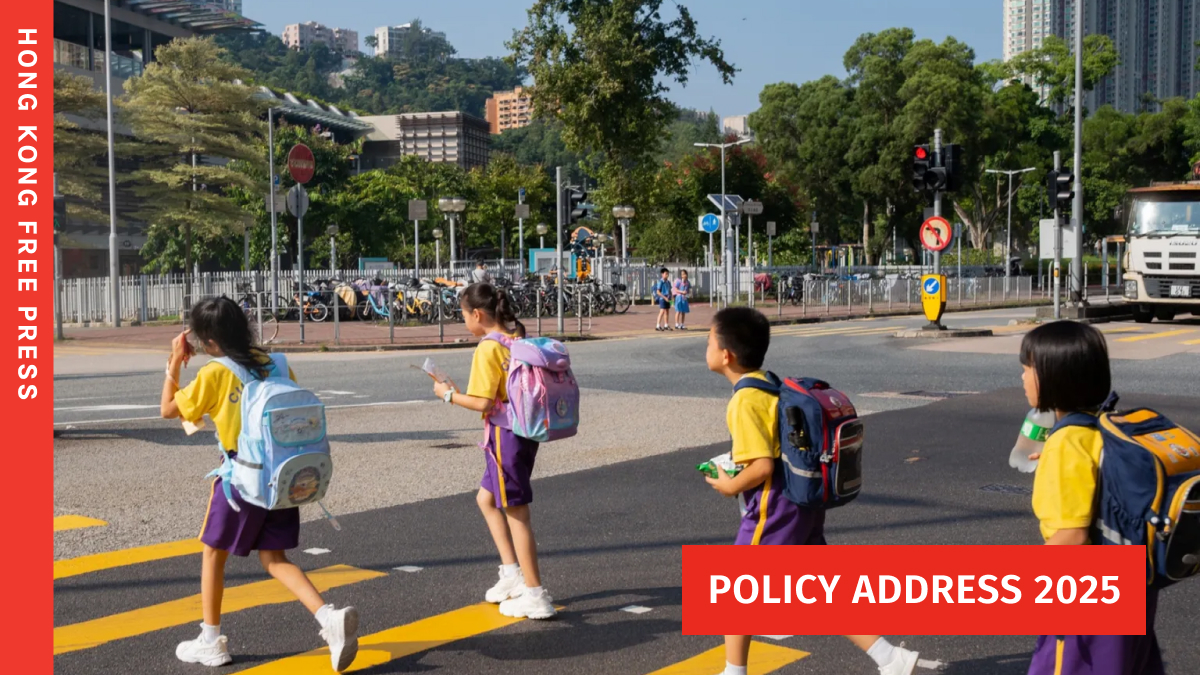By Maria Siow
Copyright scmp

When Saudi Arabia and Pakistan signed a mutual defence agreement earlier this month, it was widely interpreted as a gesture of Muslim unity in a region roiled by crisis.
But its reverberations are already being felt among policymakers in Pakistan’s perennial rival India, threatening to complicate New Delhi’s delicate diplomatic balancing act in the Gulf.
The agreement, signed in Riyadh on September 17, declares that aggression against either signatory “shall be considered aggression against both”.
It came amid a flurry of diplomatic manoeuvring in the Gulf just days after Israel had carried out air strikes on Qatar and following a deadly India-Pakistan military exchange earlier this year.
India, which has invested years in cultivating a broad strategic partnership with Saudi Arabia, responded with measured caution.
“India and Saudi Arabia have a wide-ranging strategic partnership which has deepened considerably in the last few years,” Indian foreign ministry spokesman Randhir Jaiswal told reporters at a weekly briefing on September 19.
“We expect that this strategic partnership will keep in mind mutual interests and sensitivities.”
But behind the diplomatic tact lies unease. Riyadh’s backing could indirectly give Pakistan’s military procurement a boost, according to observers, potentially shifting the regional balance of power.
“The pact’s primary focus is on Middle Eastern threats rather than on conflicts in South Asia,” said Sriparna Pathak, a professor of international relations at O.P. Jindal Global University in India.
But she warned that Saudi loans and oil subsidies could “bolster Pakistan’s military capabilities which are singularly aimed at India”, adding that “Riyadh has a history of bailing out Islamabad, which causes moderate levels of concern in India”.
A ‘natural evolution’?
Struck a week after Israel’s strikes on Qatar, the defence pact is aimed at sending a political signal of solidarity among Muslim nations, according to Rushali Saha, a Delhi-based security risk analyst with threat monitoring platform Horizon Intelligence.
“India will avoid a public rupture with the Saudis,” she told This Week in Asia, further noting that Riyadh’s public messaging had framed the pact as a “natural evolution of long-standing ties”.
Saudi officials, for their part, have insisted that the relationship with India is more robust than ever and that Riyadh “will continue to grow this relationship and seek to contribute to regional peace”.
Still, the implications of the pact have not been lost on Islamabad, which Saha argued would use its new implied status as a “protector of the Muslim world” to “further its agenda on Kashmir”.
It is very unlikely that Saudi Arabia would send armed forces to Pakistan in case of a war
Jean-Loup Samaan, defence analyst
The Kashmir dispute, a bitter legacy of India’s partition in 1947, has fuelled three wars and persistent hostilities between India and Pakistan. The most recent conflict, in May, saw India launch missile strikes across the border as part of “Operation Sindoor” in retaliation for a terrorist attack that killed 26 civilians in Indian-administered Jammu and Kashmir the month before.
India’s bid to rally international support for Operation Sindoor was not as successful as it had hoped, Shah said, leaving Delhi “at a disadvantage” diplomatically.
That said, the Saudi-Pakistan defence pact is largely diplomatic in scope, according to Jean-Loup Samaan, a senior research fellow at the National University of Singapore’s Middle East Institute.
“It is very unlikely that Saudi Arabia would send armed forces to Pakistan in case of a war,” he said, noting however that Saudi diplomatic support could prove a powerful asset for Islamabad.
“It also reflects a significant setback for Indian Prime Minister Narendra Modi who has made his rapprochement with Gulf states like Saudi Arabia and the UAE a key achievement of the past decade.”
Samaan argued that the agreement exposed the limits of India’s ambitions in the Gulf, particularly as China had deepened its economic and military ties with the region’s monarchies.
“The defence pact shows that Islamabad is still able to make inroads in the region despite years of Indian engagement,” he said.
Positioning on Palestine
Earlier this month, at an emergency Arab-Islamic summit held in Doha in response to Israel’s strikes, the idea of a Nato-style military alliance for Muslim nations was floated by proponents including Pakistan, but Samaan said this was “very unlikely to see the light of day” amid the divergent priorities of Arab and non-Arab states.
Israel’s actions have nevertheless drawn Islamic states closer, according to Saha, creating new diplomatic headaches for India as it seeks to deepen relations with both Israel and Arab capitals.
“It is a diplomatic challenge for India, which will require it to revisit its position on the Israel-Palestine dispute, which has, in recent years, been tilted very publicly towards Israel,” she said.
India is Saudi Arabia’s second-largest trading partner, while the Middle Eastern nation ranks as India’s fifth-largest. Bilateral trade reached US$41.88 billion last year, spanning sectors from energy to space, healthcare to counterterrorism.
More than 66,000 Palestinians have been killed since the Israel-Gaza war began, according to Gaza’s Hamas-run health ministry.
Israeli Prime Minister Benjamin Netanyahu has vowed to continue fighting until Hamas, whose attack on October 7, 2023, triggered the war, is destroyed.
On Friday, he told the UN General Assembly that Israel “must finish the job” against Hamas in Gaza.
Additional reporting by Associated Press, Reuters



